 Holyfield / Goodrum Concert
Holyfield / Goodrum Concert
Gender: Male - Starting with H
 Holyfield / Goodrum Concert
Holyfield / Goodrum Concert
Holyfield, Wayland
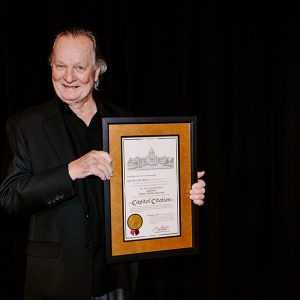 Wayland Holyfield Recognition
Wayland Holyfield Recognition
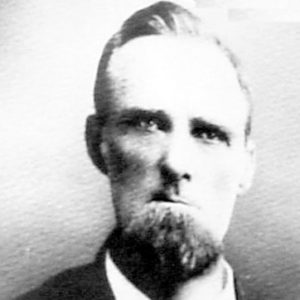 J. W. Honnoll
J. W. Honnoll
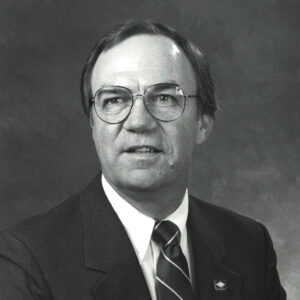 Cliff Hoofman
Cliff Hoofman
Hoofman, Clifton Howard (Cliff)
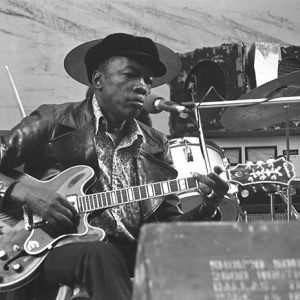 John Lee Hooker
John Lee Hooker
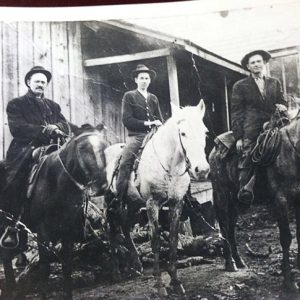 John Hooper & Sons
John Hooper & Sons
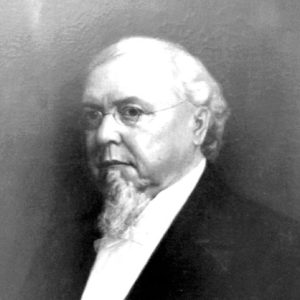 Philo Hooper
Philo Hooper
Hooper, Philo Oliver
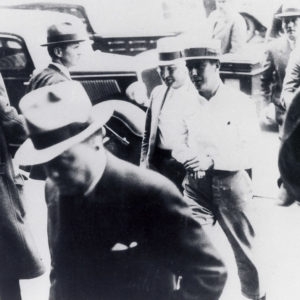 Hoover and Karpis
Hoover and Karpis
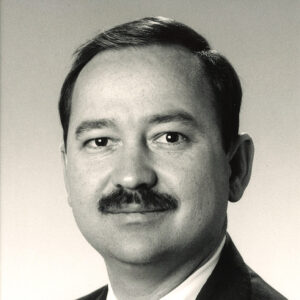 George Hopkins
George Hopkins
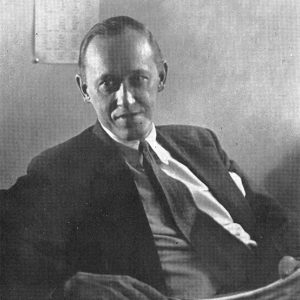 Harry L. Hopkins
Harry L. Hopkins
Horner, Elijah Whitt
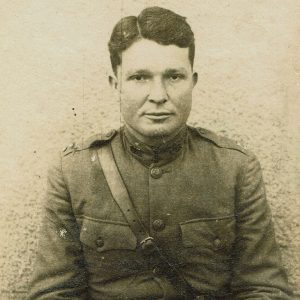 Elijah Whitt Horner
Elijah Whitt Horner
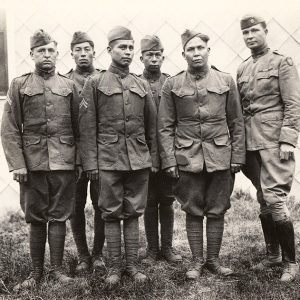 Horner and Choctaw Telephone Squad
Horner and Choctaw Telephone Squad
 A Horse With Holes In It
A Horse With Holes In It
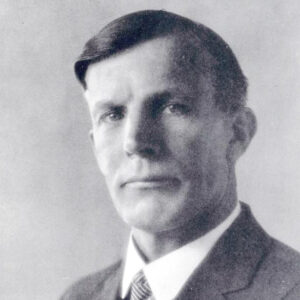 Frank Horsfall
Frank Horsfall
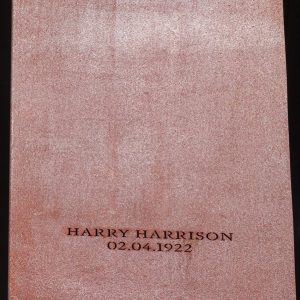 Hot Spring County Lynching
Hot Spring County Lynching
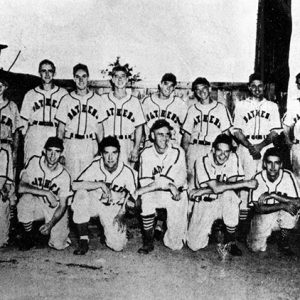 Hot Springs Bathers
Hot Springs Bathers
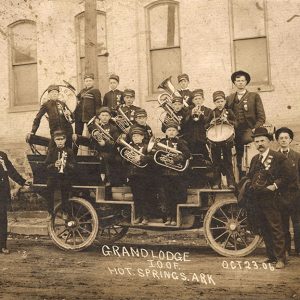 Hot Springs IOOF Lodge
Hot Springs IOOF Lodge
Hotchkiss, Sylvester C.
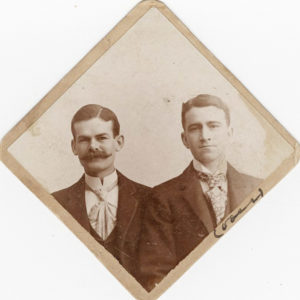 Hotze and Fletcher
Hotze and Fletcher
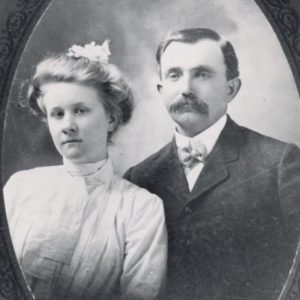 Mr. and Mrs. Houpt
Mr. and Mrs. Houpt
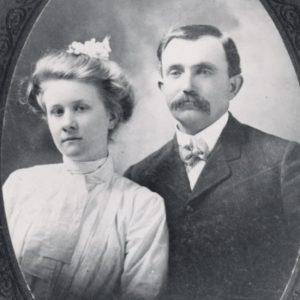 Houpts
Houpts
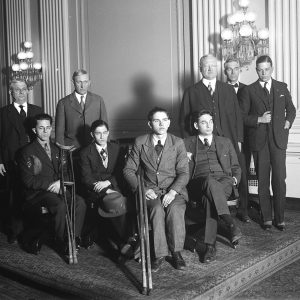 House Committee on Education
House Committee on Education
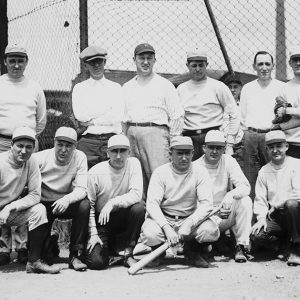 House of Representatives Baseball Team
House of Representatives Baseball Team
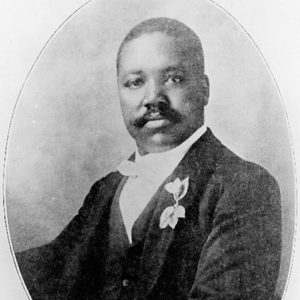 N. B. Houser
N. B. Houser
Houser, Napoleon Bonaparte
Housley v. State
 Houston Nutt
Houston Nutt
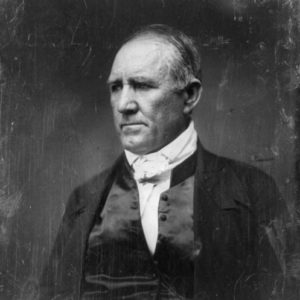 Sam Houston
Sam Houston
Houston, Sam
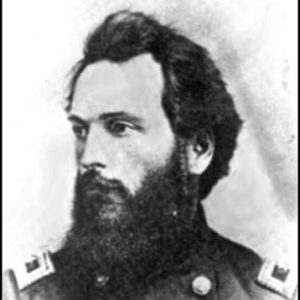 Charles Hovey
Charles Hovey
Hovey, Charles Edward
Howard County Reported Lynching of 1894
Howard, George, Jr.
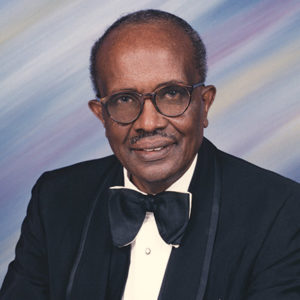 George Howard Jr.
George Howard Jr.
Howard, Jesse (Lynching of)
Howard, John Miller
Howe, John David
Howell, James (Jim) Lee
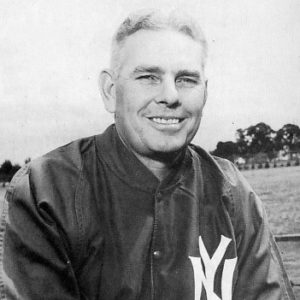 Jim Howell
Jim Howell
Howell, Max
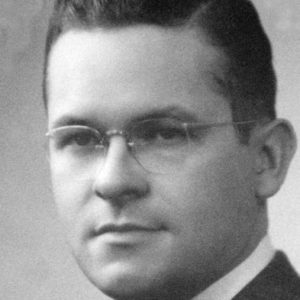 Max Howell
Max Howell
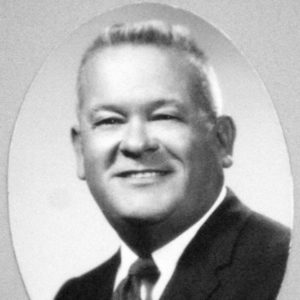 Max Howell
Max Howell
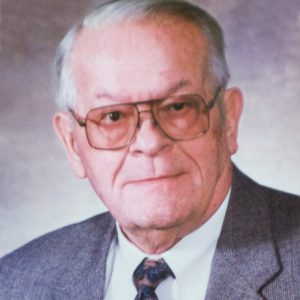 Max Howell
Max Howell
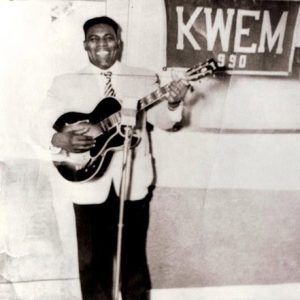 Howlin' Wolf
Howlin' Wolf
Howlin’ Wolf
aka: Chester Arthur Burnett
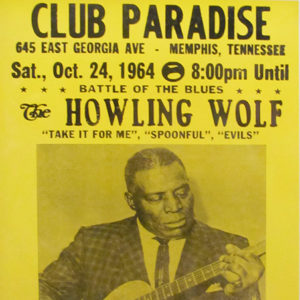 Howlin' Wolf Poster
Howlin' Wolf Poster




